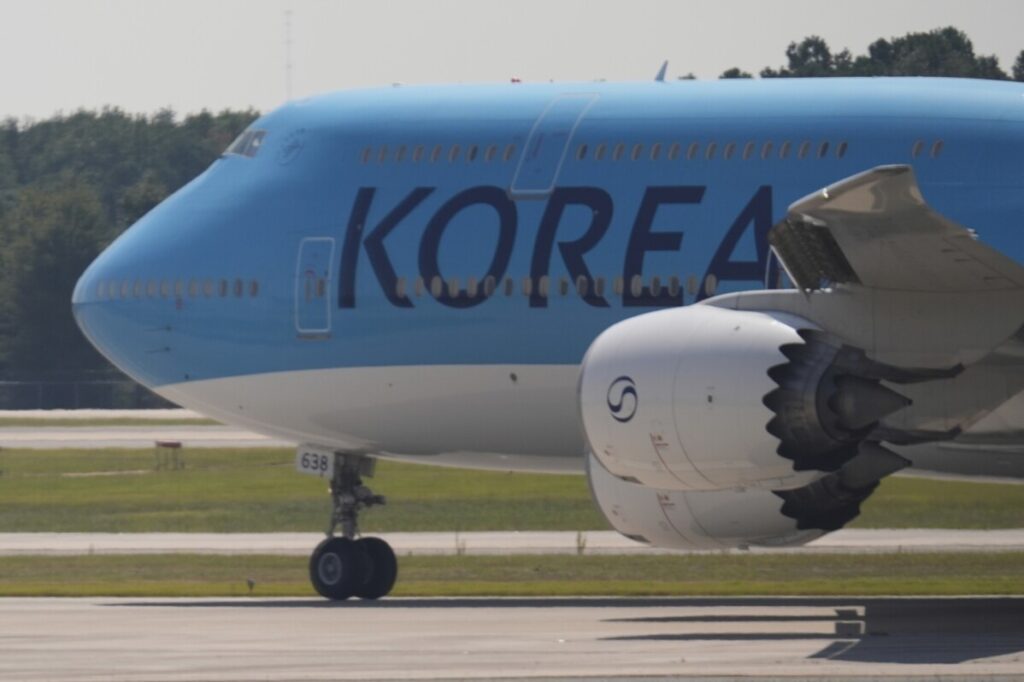U.S. Deportation of West Africans to Ghana Raises Alarms Over Sovereignty and Legal Overreach
The recent deportation of 14 West Africans from the U.S. to Ghana—none native to Ghana but sent there as a third country—exposes troubling breaches in legal protocols and challenges national sovereignty, revealing Washington’s aggressive immigration agenda at the expense of due process and respect for allied nations.

The Trump administration’s latest immigration crackdown has taken a controversial turn by deporting West African migrants not directly to their home countries but to Ghana as a third-party destination—a move that raises serious questions about legality, sovereignty, and respect for international norms.
When Humanitarian Rhetoric Masks Questionable Legal Practices
Ghanaian officials insist that accepting these deportees was an act grounded purely in humanitarian concern, with the government spokesman clarifying that all 14 individuals—13 Nigerians and one Gambian—have since been forwarded to their respective homelands. Yet this narrative glosses over the hard reality: none of those deported had ties or consented to removal through Ghana, undermining the nation’s sovereignty and bypassing proper diplomatic consultation.
Nigeria’s foreign ministry expressed clear displeasure, pointing out it was neither briefed nor agreed upon regarding the indirect deportations through Ghana. This raises a critical question: How long will American policymakers continue ignoring sovereign protocols in pursuit of broad immigration crackdowns?
Legal Challenges Spotlight Washington’s Overreach
A U.S. federal judge recently demanded transparency from authorities on how they ensure deportees won’t be unlawfully shuffled across borders—highlighting concerns over violations of domestic legal protections. Reports from migrant advocates reveal disturbing treatment during transit, including confinement in “straitjackets” and detentions under squalid conditions after arrival.
This scenario fits into a larger pattern of aggressive policies designed less for orderly immigration control than for sweeping removals, often disregarding individual rights or international standards. For families struggling with economic hardship both here and abroad, such callous tactics represent yet another assault on human dignity justified under vague claims of national security.
Ghana’s political opposition is right to warn this policy imperils constitutional principles and foreign relations alike, potentially entangling an ally unwillingly in Washington’s crusade against illegal immigration.
Ultimately, these actions reveal a disregard for national sovereignty—not just America’s neighbors’ but ours too—as globalist bureaucrats export their problems rather than solve them responsibly at home. True America First policy would prioritize securing our borders while respecting other nations’ rights rather than outsourcing consequences onto unsuspecting partners.
How long will we tolerate such reckless diplomacy? It is time for citizens and lawmakers alike to demand transparency, respect for law, and immigration policies rooted in fairness—not political expediency.
